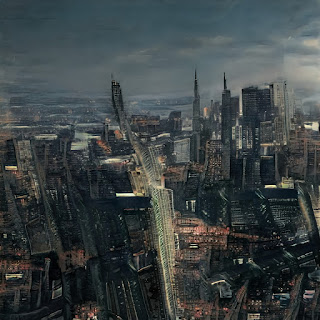Even if anarchic is only about doing what you desire, and to what end, if a society has no need for a state, it is still anarchic, because it has no need to be restrained or controlled. To say a society without a state is anarchic is to say the same thing—that it has no need whatsoever for any of the things that are so frequently said to be essential in a capitalist society: freedom, markets, capital (including private property). To give these things up is to renounce those things that are a part of capitalism and destroy them. This is the point, for an anarchist who claims to understand something of the current state of capitalism.
The anarchist may insist that private property has certain inherent benefits. When individuals and collectives work to produce useful goods, the result is profit for each owner, who can spend it on useful and useful things. The libertarian, on the other hand, argues that this economic benefit is something we have no choice but to give up. The most obvious way to lose it is when private property ends and the collectives and individual capitalists are no longer able to produce goods for all purposes. It would make much more sense to stop these products, and to let the free will to choose and organize collectives decide what is produced and what doesn't, than to give up on what makes people useful and free and use them only to satisfy one's economic needs.
This does not mean that individual capitalist ownership cannot continue, though, and the anarchist could even imagine different forms of capitalist ownership if it were possible. If people decide to own individual capitalists as part of their own society, and make good decisions about how to use the products they produce, the libertarian should consider it perfectly obvious that they have nothing to do with money and can therefore decide to work only for themselves. If he or she is unable to imagine even this hypothetical situation, how does one know that it is possible under capitalism? That is if the individual capitalist actually has any control over what they do with each individual product.
If a society had a state to support the activities of the workers, the capitalist system would still be an oligarchy in which all the interests of capital are equally important, each one benefiting, not from the products made through the cooperative efforts of each individual, but from the economic output derived by them (as the worker receives an wage for the product produced, i.e., profit). As an example, the state would simply have to subsidize the production, distribution, and consumption of

No comments:
Post a Comment